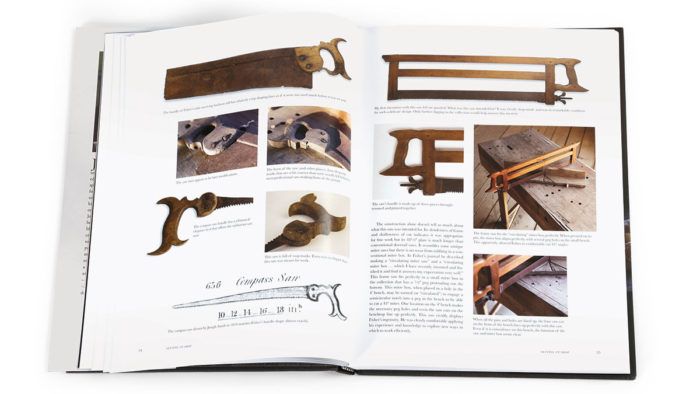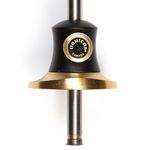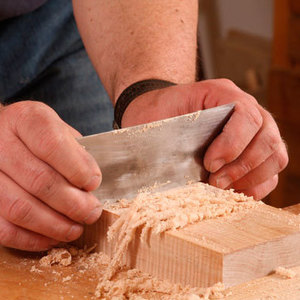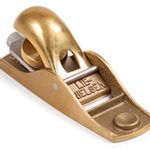Book Review: Hands Employed Aright
Joshua Klein's new book gives some perspective
Truth be told, I’m a reader more than a woodworker. Books are in my blood, I guess. So naturally, as a woodworker, I read about the craft whenever I can’t be in the shop. Luckily for me, there’s a wide swath of choices, from Eric Sloane’s wonderfully illustrated books on hand tools to Tage Frid’s classic three-book set on simply doing things well. My love of reading (and woodworking) and the wealth of books on the craft combined, though, leave me pretty picky. As quick as I am to pick up a book, I’m just as quick to put it down if it’s not cutting it. Joshua Klein’s Hands Employed Aright: The Furniture Making of Jonathan Fisher (1768–1847)—I savored that cover to cover.
Klein may be most familiar in his role as editor-in-chief of Mortise & Tenon, a magazine dedicated to historic furniture and preindustrial methods. Hands Employed Aright is directly in that vein, and what you’ve come to expect from Mortise & Tenon you can expect from Hands, just deeper and richer since it’s one author looking at one fascinating polymath who fortunately left behind plenty of journal entries, tools, and furniture.
This isn’t a how-to book. Rather, it dives into Fisher’s woodworking as it relates to his sense of morality and his community, which he served as both a preacher and maker. Working was fundamental to Fisher’s morality and pocketbook, so he didn’t do half measures. He even built a windmill to saw lumber and power his lathe. Klein does an excellent, engaging job of portraying this small-town Maine preacher in full color, giving the reader historical context, specifics about Fisher, and the practicalities and design considerations of his admittedly “humble and solid” woodworking. To that end, the book contains numerous pictures of Fisher’s tools and furniture, as well as a short section on shop-based research in which the author, a woodworker himself, puts some of Fisher’s methods to the test. As a selfish woodworker, I wish this section was a little longer.

—Barry NM Dima is an associate editor.
Fine Woodworking Recommended Products

Veritas Micro-Adjust Wheel Marking Gauge

Bahco 6-Inch Card Scraper

Lie-Nielsen No. 102 Low Angle Block Plane




















Comments
Your description of the subject matter has lit a fire in my soul to purchase and read not only "Hands Employed Aright" but also Mortise and Tenon magazine. Thanks Barry.
Log in or create an account to post a comment.
Sign up Log in